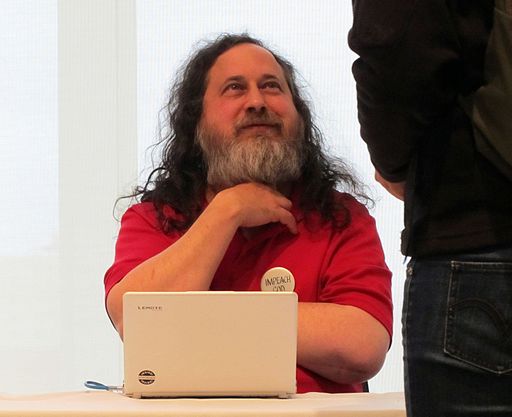DuckDuckGo, “the search engine that doesn’t track you,” involves its users in the selection process as it hands out nine $25,000 awards to mostly FOSS projects.
It appears as if people have been using DuckDuckGo’s privacy centered search enough to make the company successful. Certainly not we-control-the-world successful like Google, but successful enough to give it some cash-on-hand breathing room. Also successful enough for the company to give back to the community by handing out $225,000 to some free and open source projects.
 This isn’t the first time they’ve done this. Last year they handed out $125,000 to five projects — meaning that this year they’ve nearly doubled down on their bet. Last year’s donations included money going to the Electronic Frontier Foundations Privacy Badger — a browser add-on that stops advertisers and other trackers from following users — and Girl Develop It for its Open Source Mentorship program.
This isn’t the first time they’ve done this. Last year they handed out $125,000 to five projects — meaning that this year they’ve nearly doubled down on their bet. Last year’s donations included money going to the Electronic Frontier Foundations Privacy Badger — a browser add-on that stops advertisers and other trackers from following users — and Girl Develop It for its Open Source Mentorship program.
Christine Hall has been a journalist since 1971. In 2001, she began writing a weekly consumer computer column and started covering Linux and FOSS in 2002 after making the switch to GNU/Linux. Follow her on Twitter: @BrideOfLinux






 In a nutshell, the Mozilla Foundation finds that continuing to maintain and development Thunderbird distracts from its current focus of getting Firefox back on track. Thunderbird is a huge project, requiring much in the way of resources, but has a user base that’s been in decline since 2012, as many users are turning away from desktop email clients in favor of web based email services.
In a nutshell, the Mozilla Foundation finds that continuing to maintain and development Thunderbird distracts from its current focus of getting Firefox back on track. Thunderbird is a huge project, requiring much in the way of resources, but has a user base that’s been in decline since 2012, as many users are turning away from desktop email clients in favor of web based email services.

 Times have changed. Android is still winning on mobile, but other than that, Microsoft is back on track and is maybe more secure than ever. That’s not good for FOSS.
Times have changed. Android is still winning on mobile, but other than that, Microsoft is back on track and is maybe more secure than ever. That’s not good for FOSS.
 In case you don’t know, since its beginning fifteen years ago, JavaZone has grown to be the largest independent conference for Java developers on the planet. The conference is held each year in Oslo, Norway, with this year’s event scheduled for September 7-8.
In case you don’t know, since its beginning fifteen years ago, JavaZone has grown to be the largest independent conference for Java developers on the planet. The conference is held each year in Oslo, Norway, with this year’s event scheduled for September 7-8.

